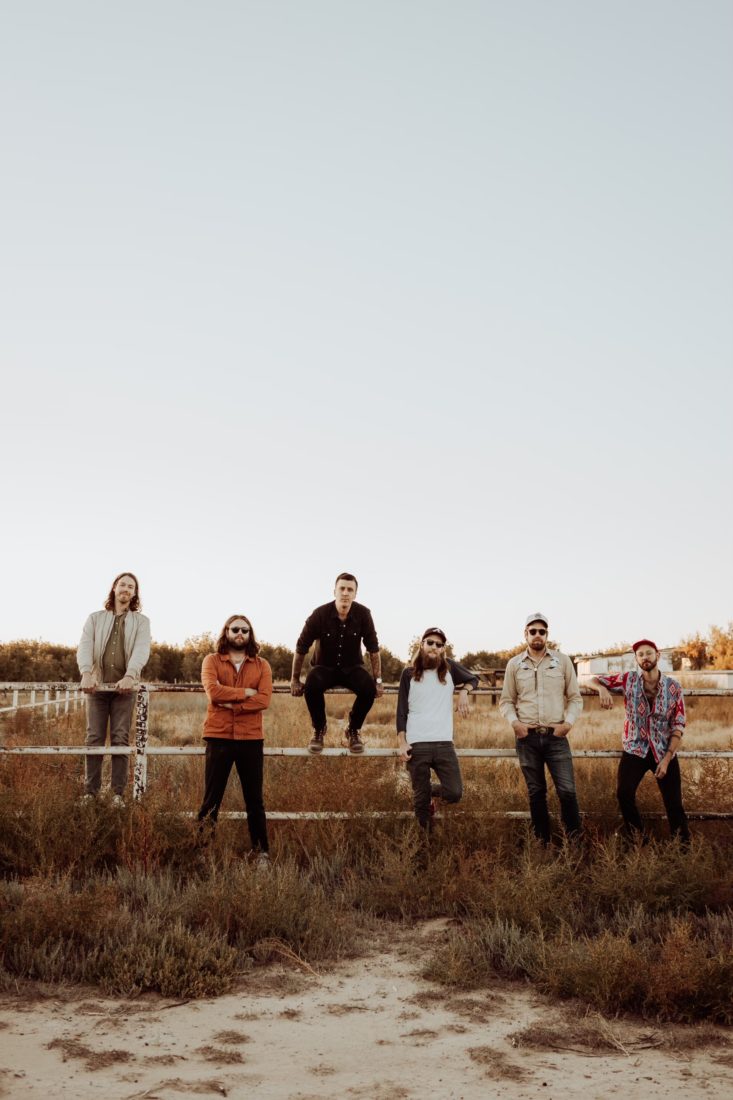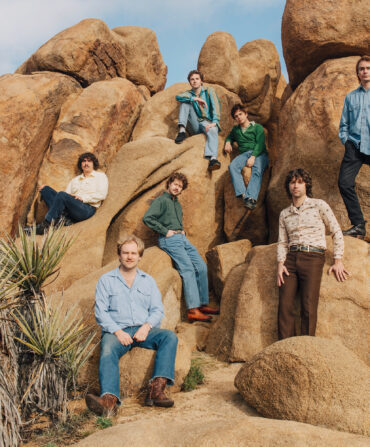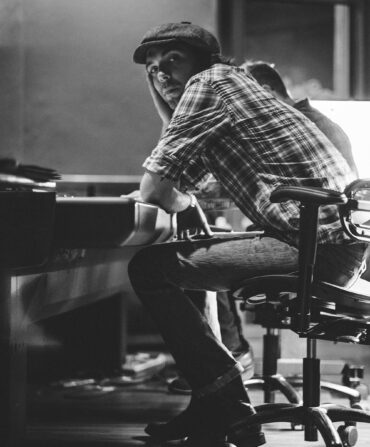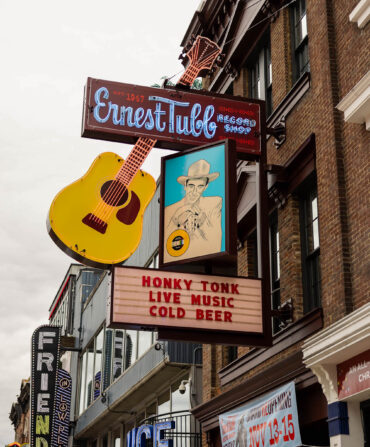Judging by American Aquarium’s deep catalog of work, the Raleigh, North Carolina, alt-country sextet isn’t afraid of introspection. Frontman and songwriter BJ Barham recently channeled his grief from losing several loved ones as he holed up in the Outer Banks town of Rodanthe writing songs. The title for the resulting album, Chicamacomico, came to him while he was out on a jog through town one day. Chicamacomico was both the original name of Rodanthe as well as a Life-Saving Station there (now a museum), which served as a haven of last resort for wayward sailors in pre-coast guard days.
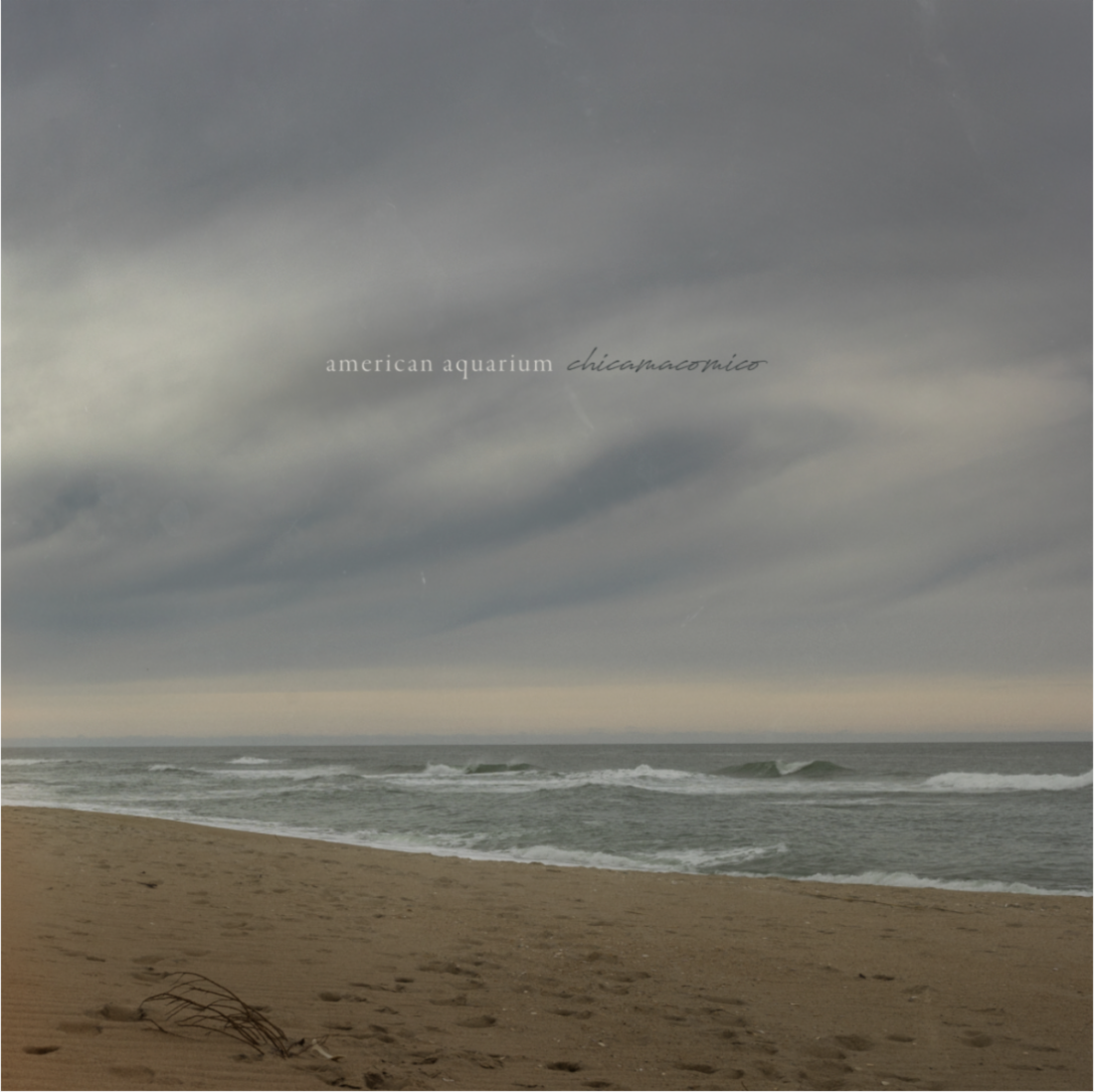
While the metaphor is clear, Chicamacomico isn’t a heavy listen. One of Barham’s songwriting gifts is the ability to conjure memory and emotion without descending into minor-key sad-song tropes. “Wildfire”—whose video G&G is proud to premiere below—is about a person who falls in love so deeply that their passion consumes them. It’s also a bright, bouncy tune with a hook worthy of a festival singalong.
“[Wildfire] is about being fine on your own, [and then] someone coming into your life, burning extremely bright for an extremely short amount of time, and then burning every piece of independence you had down,” Barham says. “And then when they leave, the aftermath leaves your life completely turned upside down. I’ve had a few of those.”
For the music video, American Aquarium worked with stop-motion filmmaker Hannah Darrah, who previously lent her vision to the video for “Southern Sadness,” off their 2015 album, Wolves. Watch the exclusive premiere of “Wildfire” and read our Q&A with Barham below.
What themes drive the new record and where does “Wildfire” fit?
Chicamacomico is ultimately a record about loss. I wrote songs about me and my wife’s miscarriage, losing my grandmother, losing my mother, how my dad responded to losing my mother, losing two years of my life [to the COVID-19 pandemic], losing friends to suicide. [“Wildfire”] plops right in the middle of that. [Most of the songs on the album] are not easy songs to listen to if you’ve experienced that kind of loss recently. I think “Wildfire” is the exception.
What inspired you to write “Wildfire”?
It started as someone asking me to write something not personal, then it turned into something personal, and so I kept it for myself. Once I started writing it, I quickly realized it was not gonna be a television-show song, it was probably gonna be an I’m-keeping-this-one-for-myself song. I think it’s an amalgamation of four or five of my previous relationships, and hell, possibly a version of my current relationship if I hadn’t played my cards right [laughs].
Everybody’s been through the kind of relationship that burns out before it could amount to anything. Those kinds of things are something I don’t write about very often anymore, just because I write such autobiographical tunes. So, when I write something like this, people get worried that something is awry in my personal life [laughs]. But that’s the fun thing about life experience; you don’t ever lose that. You don’t forget.
You’re also celebrating the tenth anniversary of Burn. Flicker. Die., which was supposed to be American Aquarium’s final album. Instead, it was so widely acclaimed that it saved the band from breaking up. How did it eventually save you, too?
It got me to the point where I am today—to the songwriter I am today, to the human being I am today. Burn. Flicker. Die. was back-against-the-wall desperation. I couldn’t write [that album] today. I’m not swirling in my own addiction and self-loathing—I’m not that person anymore. I had just met my wife when that record came out, and here we are eleven years into our relationship. We have a kid [and] a much different life than we had when we first started dating. It’s a wild, wild ride.
Jim Beaugez writes about music and culture from his native Mississippi. He has contributed to Garden & Gun since 2021 and has also written for the New York Times, Rolling Stone, Smithsonian, Oxford American, and Outside.


